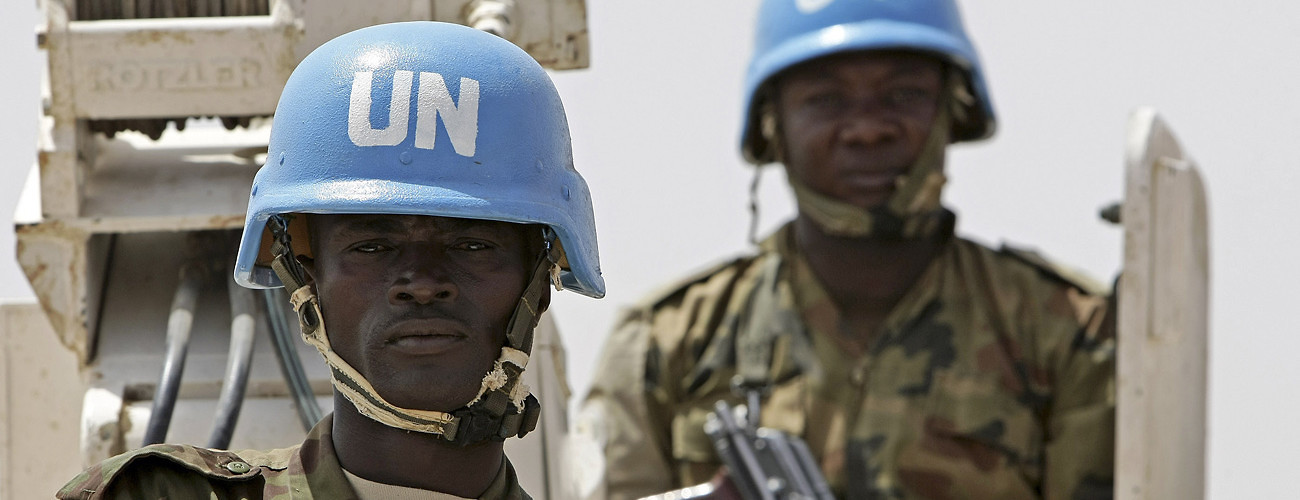This report represents the first of a series of publications stemming from the Providing for Peacekeeping project, a partnership with IPI, Griffith University, and the Elliott School of International Affairs at George Washington University.
The report analyzes the practical steps needed to broaden the base of UN troop- and police-contributing countries. It identifies current trends, summarizes the main reasons why states contribute to UN missions, examines factors that might inhibit contributions, identifies potential future major contributors, and addresses some of the major challenges facing the UN as it seeks to find more high-quality peacekeepers.
The paper concludes with recommendations on how the UN might begin to “expand the pool” of contributing countries and improve overall peacekeeping capabilities. Specifically the report makes recommendations regarding how the UN may:
- Provide incentives to encourage more than token troop contributions;
- Improve public diplomacy for UN peacekeeping;
- Improve the way that requests for police and troops are made; and
- Strengthen strategic analysis of TCC/PCCs and develop long-term force-generation strategies.








